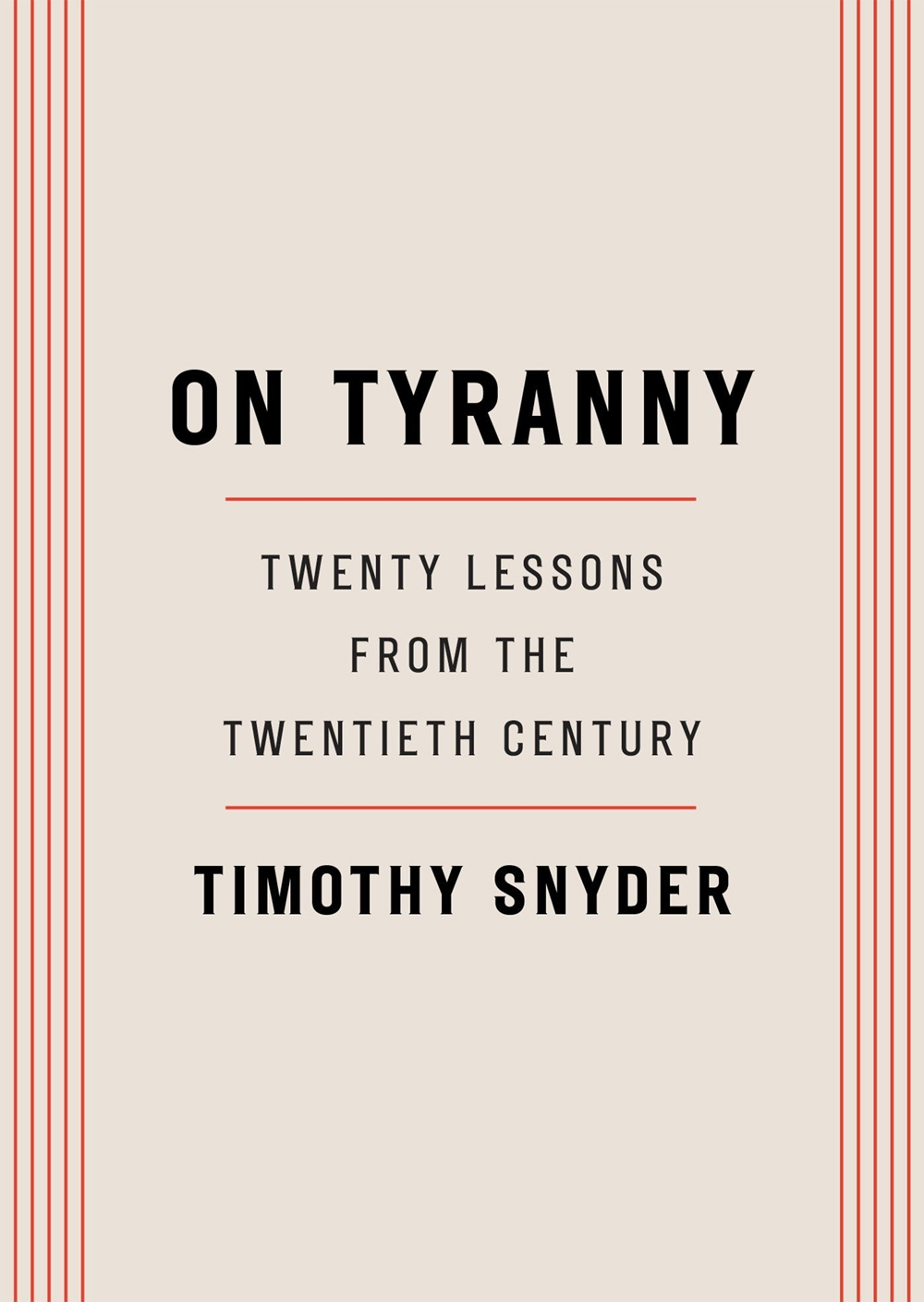
On Tyranny: Twenty Lessons from the Twentieth Century is a tiny, pocket-sized book by historian Timothy Snyder. It contains 20 lessons to counter tyranny. Most of the lessons are followed by a few pages that briefly describe historical moments in the 20th century.
The book is a short read, full of declarative statements. It’s not a history book. There are no footnotes or citations, and the same few authors are repeatedly quoted throughout.
The book started out well, and I thought some lessons were really useful reminders. By the end, though, I thought the author was running out of lessons and struggling to come up with a round twenty. One of the latter lessons was to use autopay to contribute to charities. This lesson fell shortly after Snyder derided the internet and suggested establishing a private life. Coupled, the two lessons felt quite contradictory.
The final lesson was to “Be as Courageous as You Can.” Throughout the book, Snyder makes remarks about Trump without naming him, as though he is Voldemort in the Harry Potter series. I wondered why Snyder failed to have the courage to name him directly. It felt like such an odd choice.
The book’s lessons all center on European history and neglect the rest of the world. I thought about this major omission when Snyder criticized Americans for not having passports. Most often, Americans who lack passports lack the means to travel. Most do not, as Snyder put it, say “they do not need travel documents, because they prefer to die defending freedom in America.” He was definitely speaking from a place of privilege, and the statement felt out of touch.
The book contains the following 20 lessons:
Chapter 1: Do Not Obey in Advance.
Chapter 2: Defend Institutions.
Chapter 3: Beware the One-Party State.
Chapter 4: Take Responsibility for the Face of the World.
Chapter 5: Remember Professional Ethics.
Chapter 6: Be Wary of Paramilitaries.
Chapter 7: Be Reflective If You Must Be Armed.
Chapter 8: Stand Out.
Chapter 9: Be Kind to Our Language.
Chapter 10: Believe in Truth.
Chapter 11: Investigate.
Chapter 12: Make Eye Contact and Small Talk.
Chapter 13: Practice Corporeal Politics.
Chapter 14: Establish a Private Life.
Chapter 15: Contribute to Good Causes.
Chapter 16: Learn from Peers in Other Countries.
Chapter 17: Listen for Dangerous Words.
Chapter 18: Be Calm When the Unthinkable Arrives.
Chapter 19: Be a Patriot.
Chapter 20: Be as Courageous as You Can.
I’m glad I checked this book out from the library as an ebook. Though it was a good read, I think I’d learn more from a more expansive historical work on the subject.
Purchase and read books by Timothy Snyder:
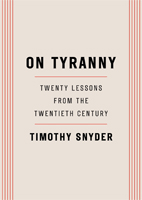

© penciledpage.com




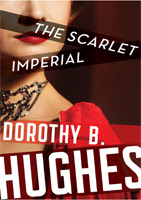
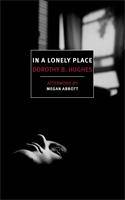


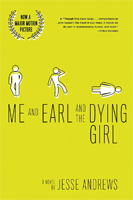









Search This Website